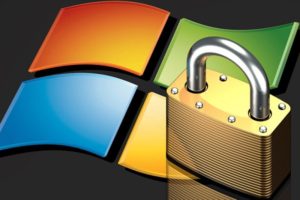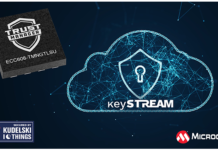
Computer system and software design should address the legitimate security concerns and incorporate appropriate safeguards and mechanisms for enforcement of security policies. On the other hand, extensive security measures can increase cost and restrict the usefulness, user-friendliness, and performance of computer systems. The challenges to system designers are to strike a good balance by making computers effective without compromising security. The computer, and especially the operating system, should concentrate on providing a flexible and functionally complete set of security mechanisms so that the chosen security policies can be enforced effectively.
Following kinds of security breaches:
Breaches may happen with malicious intent or may be initiated by users inadvertently, or accidentally. They may end up committing a security breach through a mis-typed command or ill-understood interpretation of some command. In both these instances, the OS must protect the interest of legitimate users of the system. UNIX also does not rule out a malicious access with the intent to abuse the system. It is well known that former disgruntled employees often attempt access to system to inflict damages or simply corrupt some critical information.
A malicious user’s action may result in one of the three Following kinds of security breaches:
- Disclosure of information
- Compromising integrity of data
- Denial of services to legitimate users of the system



















